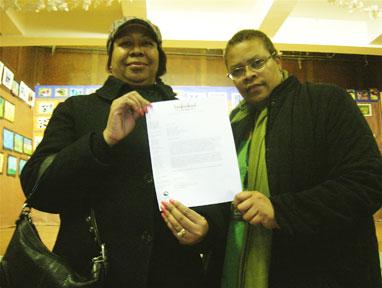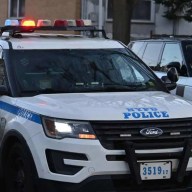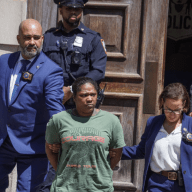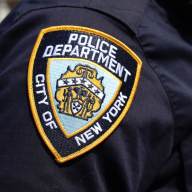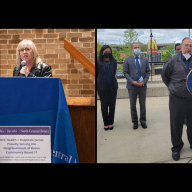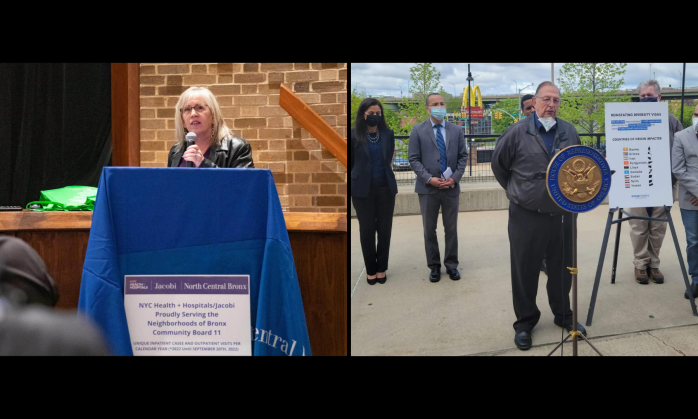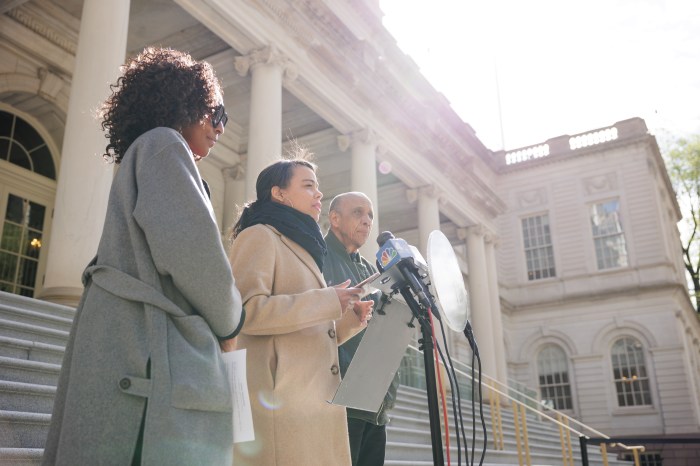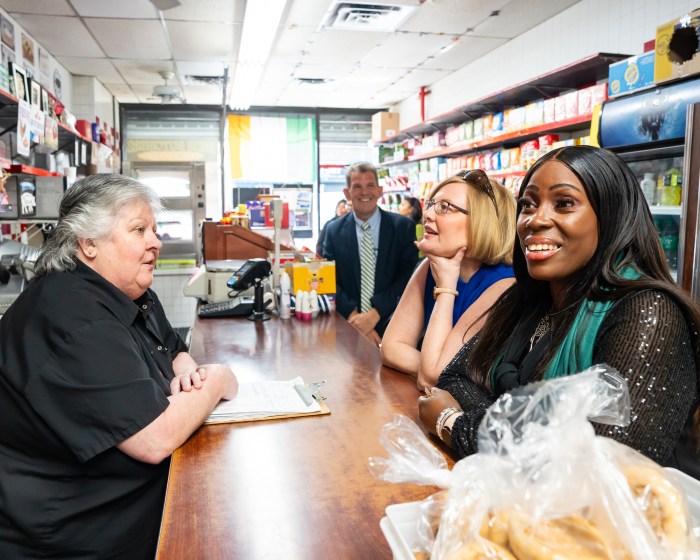A year ago, Carolina Cabarello sold 2265 Bathgate Avenue, a vacant lot. Her 88-year old mother lives next door.
“In the summer, she sits on her porch alone,” Cabarello said.
The lot now belongs to a non-profit housing provider; men and women recovered from mental illness will occupy a proposed building there soon.
“My poor mother,” said Carabello. “I had no idea. If I had, I wouldn’t have sold.”
On Wednesday, April 22, Community Board 6 voted against the low-income housing project. Block leaders called the vote a heroic act of neighborhood preservation. Housing provider Peter Beitchman called it an act of discrimination.
“We understand that people are afraid,” Beitchman said. “But our clients aren’t criminals. Our clients are good neighbors.”
Beitchman runs The Bridge, a non-profit responsible for 19 single-site buildings and 250 scatter-site rentals since 1984. He has invited CB 6 to visit The Bridge buildings on Morris and Sheridan avenues, and maintains a handful of scatter-site apartments in CB 6, thanks to the Belmont-Arthur Avenue Local Development Corporation. In 25 years, The Bridge clients have never precipitated a negative incident, Beitchman said.
The federal Department of Housing and Urban Preservation has awarded The Bridge $2.9 million. The seven-story building – Bathgate Gardens – scheduled for competition in 2011, will include 18 studios, a kitchen, office and laundry room. Bathgate Gardens will accommodate The Bridge’s most stable clients – those who haven’t visited a psychiatric hospital in five years. It will boast 24-hour supervision. Being a federal project, Bathgate Gardens doesn’t require CB 6 approval. Even so, block leaders like Daniel Reyes and Father David Guzman want to be heard. P.S. 59 is a block away. Other schools within walking distance include P.S. 23, P.S. 159, Our Lady of Mt. Carmel and M.S. 118.
The neighborhood has a crime problem, and a drug problem. It’s an inappropriate sanctuary for recovered mental patients, Guzman said. He and Reyes worry that Beitchman’s clients will relapse and perhaps prey on children. Reyes recently circulated a petition; most people are too busy to care, he said.
CB 6 isn’t opposed to low-income housing, board member Sara Logan said. On the contrary, the neighborhood is “saturated” with drug treatment and mental health centers. At last count, Community District 6 was home to five residential drug centers, eight non-residential and three residential mental health centers, eight non-residential. Community District 8, which includes Riverdale, had one residential mental health center, five non-residential and no drug centers.
“We want affordable and moderate income housing,” Logan said. “As for this sort of housing, we already have our share.”
According to Beitchman, the Bridge Gardens will add to the neighborhood; a recent NYC Furman Center report found that group homes don’t hurt property values. The Bridge has helped revitalize parts of Manhattan. Beitchman will meet with block leaders soon, and hopes to found a community council to keep tabs on Bridge Gardens. Councilman Joel Rivera has sided with CB 6 and will appeal to HUD secretary Sean Donovan.

